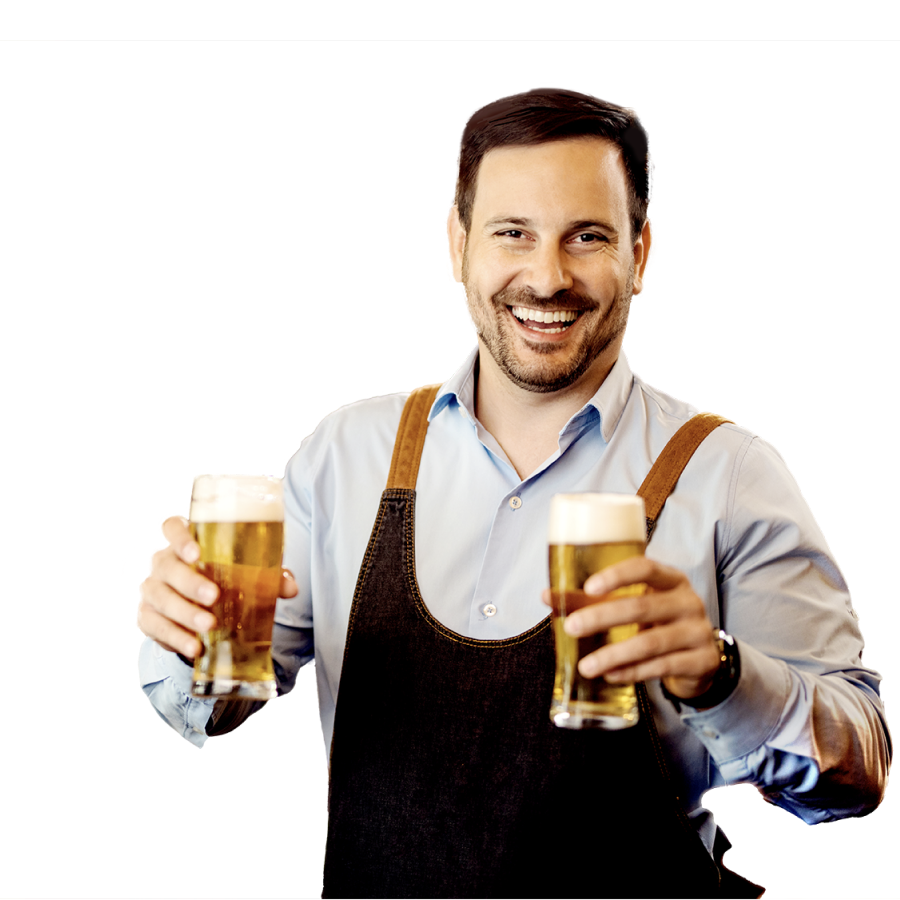The human nose, with its incredible ability to detect an extensive range of odors, has long been a marvel of nature. Equipped with approximately 400 scent receptors, each nose can discern around one trillion distinct odors.
Replicating such a complex sensory system in a technological device has historically been a daunting challenge. However, recent strides in artificial intelligence (AI) have given rise to electronic noses (e-noses), with sophisticated sensors that can identify specific smells.
However, there is one particular gadget grabbing the attention of food safety experts worldwide right now.
Sensifi, an artificial nose designed to detect and report the presence of foodborne pathogens is being labelled as a game-changer in the prevention of foodborne illnesses. The recently launched device aims to revolutionize food safety by enabling food businesses to conduct on-site testing.
Unlike traditional methods that require sending samples to laboratories and waiting for days, Sensifi's e-noses provide results in less than an hour. Modi Peled, the CEO of Sensifi, emphasizes the need for innovation in food safety, stating that testing methods in the industry have stagnated for 40 to 50 years. The incorporation of AI into the testing segment is a significant leap forward.
Efficiency in Detecting Pathogens
Food poisoning remains a global concern, affecting millions of people annually. In the US, one in six people suffer from foodborne illnesses each year, sometimes resulting in hospitalizations and fatalities. Sensifi aims to address this situation by providing a faster, more efficient method of detecting contaminants in food.
Common culprits of potentially deadly foodborne illnesses include salmonella and E. Coli. According to Professor Raz Jelinek, co-developer of Sensifi, these bacteria possess their own "electronic personality" with a unique electrical signal.
Sensifi's e-noses use electrodes coated with carbon nanoparticles to detect volatile organic compounds (VOC) emitted by bacteria. Different strains of bacteria produce distinct VOC fingerprints, generating unique electric signals recorded by an AI software system. This information is then cross-referenced with an extensive database for quick and accurate results.
Companies like NTT Data Business Solutions are taking unique approaches to train the AI that powers e-noses. Using coffee as a reference value for odors, technicians spend days exposing the AI's sensors to instant coffee powder with variations such as good coffee, bad coffee (laced with vinegar), and no coffee at all.
The AI learns to identify these odors, enhancing its ability to detect fresh or contaminated food. This innovative training method contributes to the potential of e-noses in ensuring food freshness.
Will e-Noses Revolutionize the Food Industry?
Despite the promising advancements, some AI experts express skepticism about the widespread adoption of e-noses in the food industry. Concerns include the high cost of deploying a global network of detectors and the resistance of the industry to embrace new technologies.
Fine-tuning e-noses for each facility is considered a challenging task. However, entrepreneurs remain undeterred, exploring biotechnological approaches, such as Scentian Bio's use of insect antennae to develop highly sensitive biosensors.
There is no doubt that artificial intelligence will continue to transform the landscape of food safety. Electronic noses may play a pivotal role in this transformation, offering faster, on-site detection of foodborne pathogens with the aim of reducing the number of foodborne illnesses experienced worldwide.
While challenges and skepticism persist, the promise of enhanced food safety through AI-driven technologies provides hope for a healthier and safer future in the food industry.
Learn more about food safety and protect yourself, your customers and your business by enrolling into one of the wide range of training programs offered by Userve.
.jpg?width=1170&height=582&name=Depositphotos_312317270_L%20(1).jpg)
